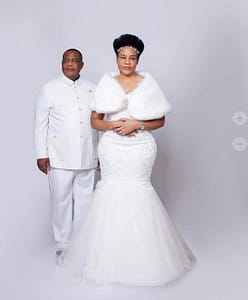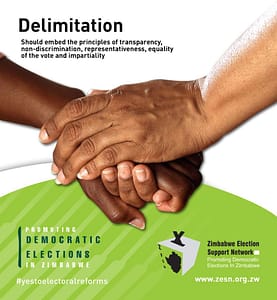New Marriages Act: What It Means

THE new Marriages Act passed into law by President Mnangagwa in May this year after going through the House of Assembly and Senate has come as a huge relief for women as the law can now sufficiently protect their property rights upon divorce or death of the significant other, legal experts have said.
The new marriage law, which puts all marriage laws under one umbrella, thereby making it possible to convert a registered customary union into a civil marriage, is still to come into operation. The President needs to fix the date by notice in the Government Gazette.

This law has brought sweeping changes to the marriage laws in Zimbabwe with the Marriage Act and Customary Marriages Act being repealed, replaced and extended by the Marriages Act.
Besides resetting the minimum age for marriage at 18, and insisting that regardless of the type of marriage, both parties need to give their unqualified consent, the new Act also introduces a civil partnership assumed where a couple lives together, and important when it comes to its termination.
Further, it recognises an unregistered customary law union as a marriage although desires that this is registered.
The civil partnership is new and relates to a man and woman staying together without payment of lobola or any ceremony or registration, that is cohabiting (small houses and the like), and it does not matter whether one or both of those involved is married to someone else. This also applies to boyfriends and girlfriends living together (kuchaya mapoto).
While this is not a marriage, it is only recognised for the purposes of determining rights upon death or dissolution of the relationship. Parties can upgrade to an unregistered customary law union if payment of lobola is done and other conditions of such unions are met.
Without legal protection, many women could be left homeless or without a means of income after their marriage ends or if their husband dies.
The new law makes it clear that any property or assets acquired during the partnership will be distributed in the same way that property is distributed when a married couple divorces using the same law.
Legal experts who spoke to The Herald yesterday said the Marriages Act amendments ushered in a new era of marriage or union choices and provide adequate protection to women who for a very long time were disadvantaged.
South African-based legal expert Mr Tendai Toto said the right to establish families is one of the freedoms that have been impacted including equality before the law and addressing societal injustices on women and children.
Our societies are evolving and changes in our ways of living are inevitable, especially the pursuit of happiness and the avoidance of injustices to women and children including men as well,” said Mr Toto.
“That is not to say men and women must not be insensitive, intolerant and reckless in their conduct.

“I still implore men and women to carefully choose the type of marriage unions that they prefer and or suit them in the exercise of their rights and freedom to form and establish families and their pursuit of happiness.”
Advocate Choice Damiso said the provisions on civil partnerships should be welcomed as they reflected Parliament’s awareness of the prevailing social realities.
“Civil partnerships are recognised only for purposes of division of property upon the ending of the partnership,” she said.
“Failure to do so can only work to the disadvantage of the women in those relationships.”
In the past, laws around marriage and divorce were not conforming to the Constitution, which provides that spouses have equal rights and responsibilities.
Facilitating marriage of children under 18 years is now a criminal offence, among other radical changes in the new marriage law.
Under the new Act, civil and customary marriages are different in that a customary marriage is possibly polygamous with a different way of solemnising these marriages.
Those in unregistered customary marriages now have to be registered within three months of the creation of the union if the couple does not wish to go through the solemnisation process before a magistrate or chief. This is, however, not mandatory.
One major problem with two separate laws operating independently was that a decision to enter a registered customary union or a registered civil union was permanent.
The reality was that most Zimbabwean couples wanted both, and so few customary unions were registered in the last few decades and most couples went through an unregistered customary union and then went for the “church wedding” or a civil marriage.
Under the new law, a monogamous couple can now have it both ways. A registered or solemnised customary union can be converted to a civil union fairly simply. Herald






